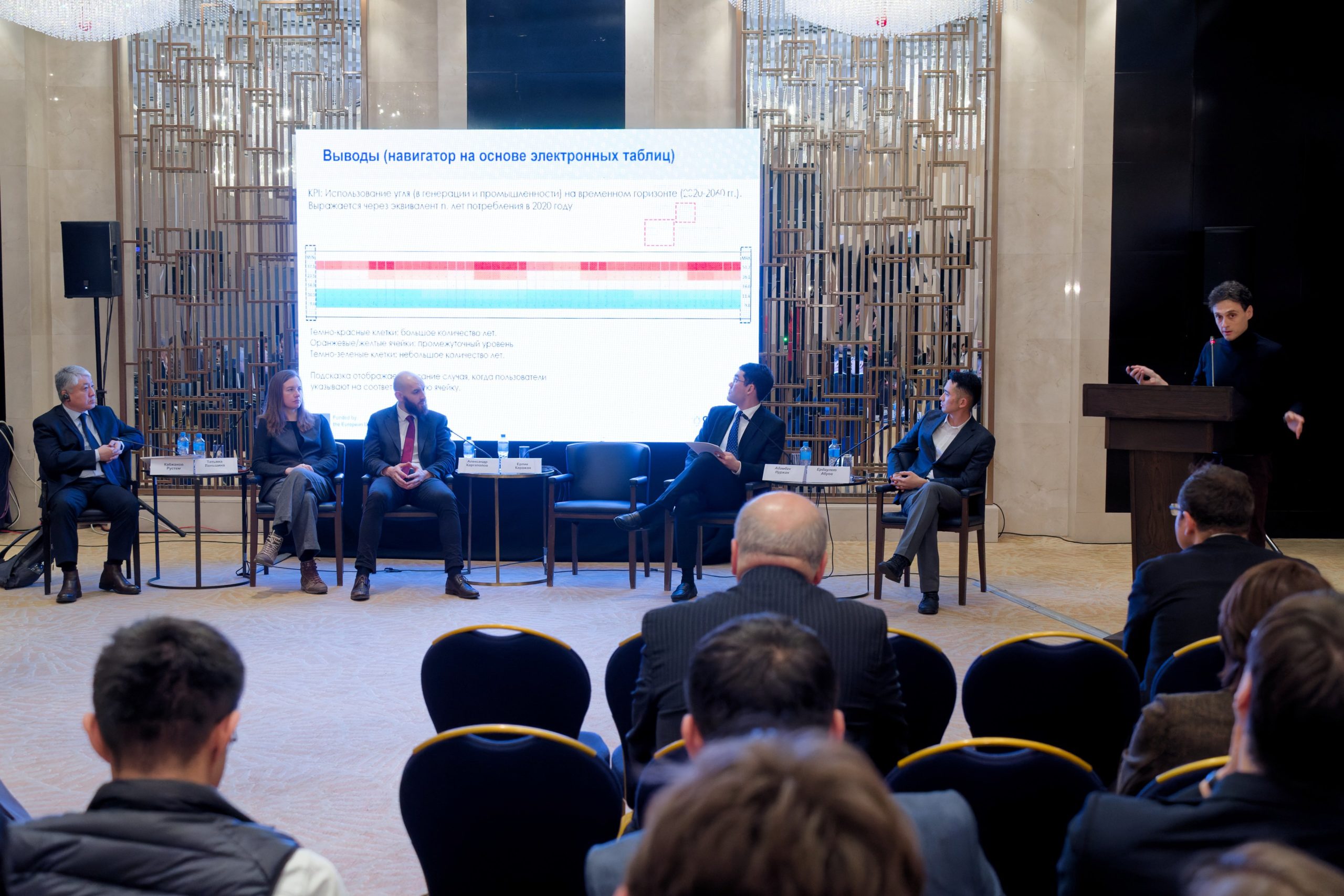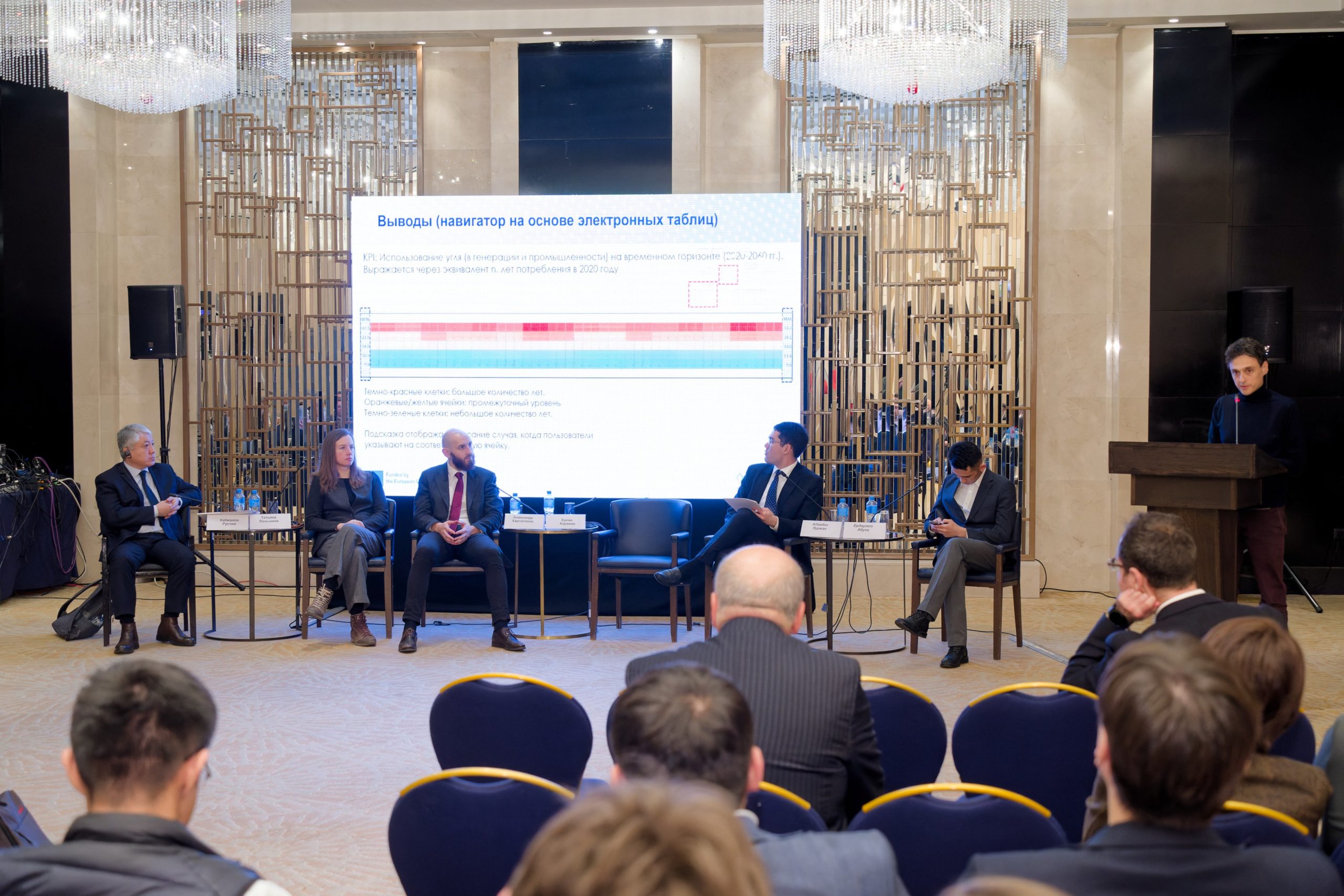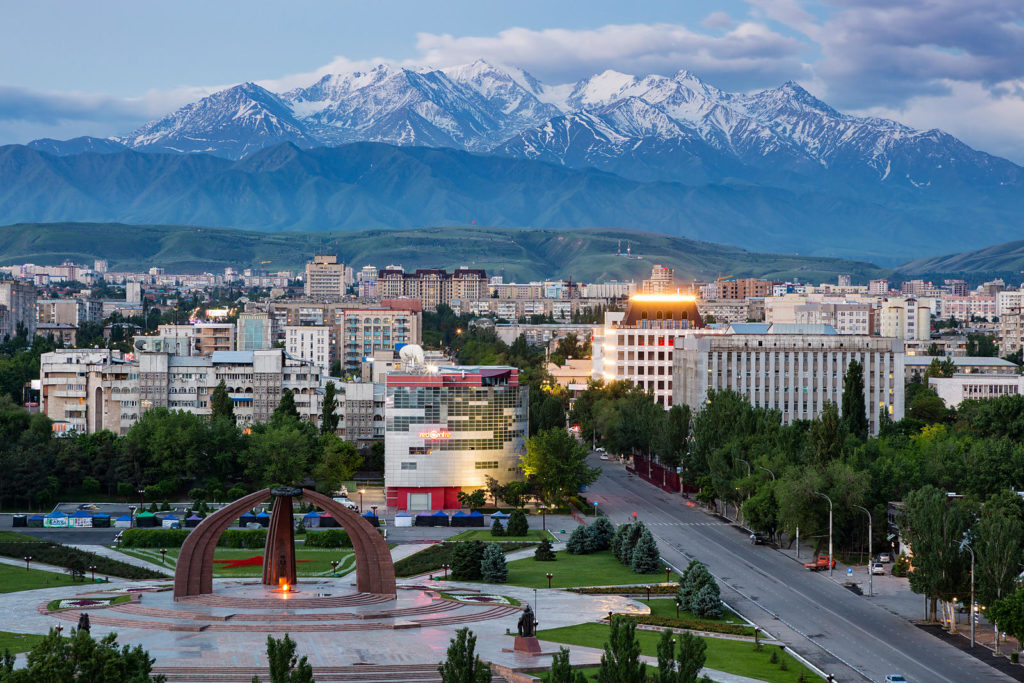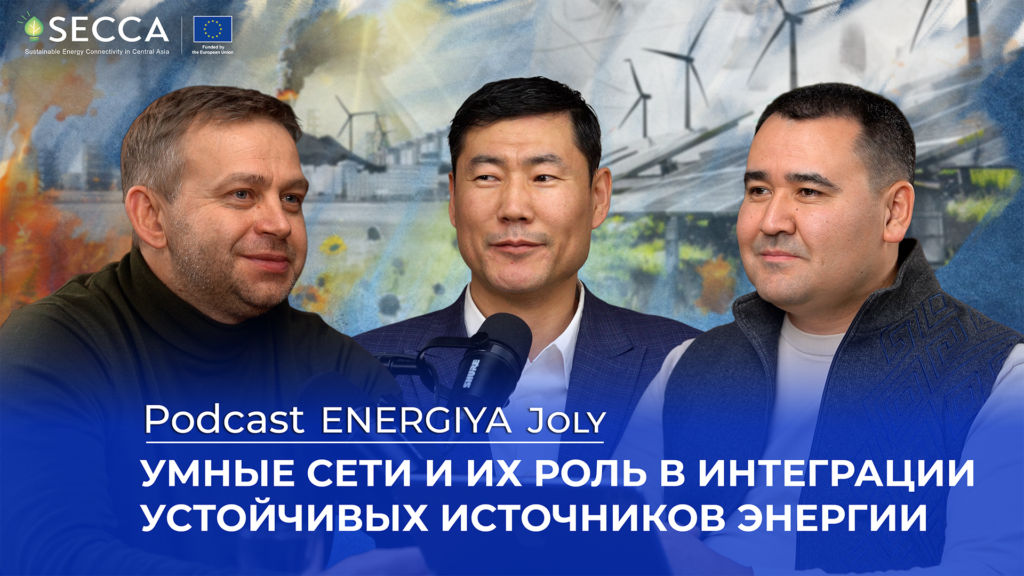Astana, Kazakhstan – Representatives of the Ministry of Energy of the Republic of Kazakhstan, power industry enterprises, international organisations, and non-governmental organisations gathered at the Expert Meeting “Energy transition in the power sector of Kazakhstan” and discussed modernisation of the country’s aging energy system, deployment of renewable energy, coal dominance in electricity production and consequences of abandoning coal. The meeting was organised jointly by Agora Energiewende, ECOJER Association, and “Qazaq Green” Renewable Energy Association. The European Union’s SECCA project presented energy scenarios for Kazakhstan.
Within less than 40 years, Kazakhstan needs to find innovative solutions for the supply of heat and electricity to industry, cities, and settlements in a sharply continental climate. Experts agree that renewable electricity is a key to energy transition and achievement of carbon neutrality in Kazakhstan by 2060. As of the third quarter of 2023, the contribution of non-hydropower renewable energy sources to Kazakhstan’s electricity mix has already reached 6 %. The goal is to raise this figure to 15 % by 2030 and ambitiously target a 50 % share of alternative energy generation by 2050.
However, the outdated infrastructure and related to it bottlenecks, lack of flexibility, low electricity tariffs and resulting chronic underinvestment in the power sector present some significant challenges for Kazakhstan. The specific challenge is the abundance of coal-fired generation that impedes the achievement of 2030 NDC target (to reduce GHG emissions by 15% below 1990 levels, including LULUCF) and 2060 carbon neutrality target.[1]
At the event, SECCA project was represented by Team Leader Mr Paata Janelidze, Senior Energy Modelling Expert Mr Rocco De Miglio, and Energy Expert Mr Zhaksylyk Tokayev. Mr De Miglio presented on “From Coals to Goals: Challenges towards carbon neutrality in Kazakhstan” (see the presentation below in English and Russian).
In the scope of the SECCA project, Mr De Miglio applied an energy system model to explore the role of coal in the future energy mix of Kazakhstan under different influencing conditions.
He organised his analysis into a “large explorative exercise” with 240 cases to investigate the “combined” impact of the following influencing factors: different CO2 prices (to represent incremental greenhouse gas mitigation ambitions), and carbon capture and storage potential, development of nuclear energy, support of coal-fired stations, costs of renewable energy sources and hydrogen, contribution of emission offset options (to represent the associated uncertainties). The study was conducted jointly with local experts.
The key finding of this analysis is that even under the most favourable conditions, the coal consumption in the medium-long term is hardly compatible with medium-deep emissions mitigation ambitions. If new coal-based plants/facilities are built in the next years, there is high risk of “stranded” assets for Kazakhstan.
The type of model used for this analysis can be applied to investigate very different strategic questions. The SECCA team encourages the dialogue between different stakeholders and the “co-design” of additional model-based experiments to support critical thinking and decision-making.
The “core” model files are available on a collaborative platform, access can be granted to local experts and Institutions for further development and use in the framework of the SECCA project (“co-development”), and/or for independent utilisations.[2]
[1] Agora Energiewende, ECOJER Association, “Qazaq Green” Renewable Energy Association (2023), The Agenda of the Expert Meeting “Energy transition in the power sector of Kazakhstan”, 23 November 2023.
[2] To request access, contact SECCA project at info@secca.eu.
“From Coals to Goals: Challenges towards carbon neutrality in Kazakhstan”
Presentation by Mr Rocco De Miglio, SECCA Energy Sector Modelling Expert






